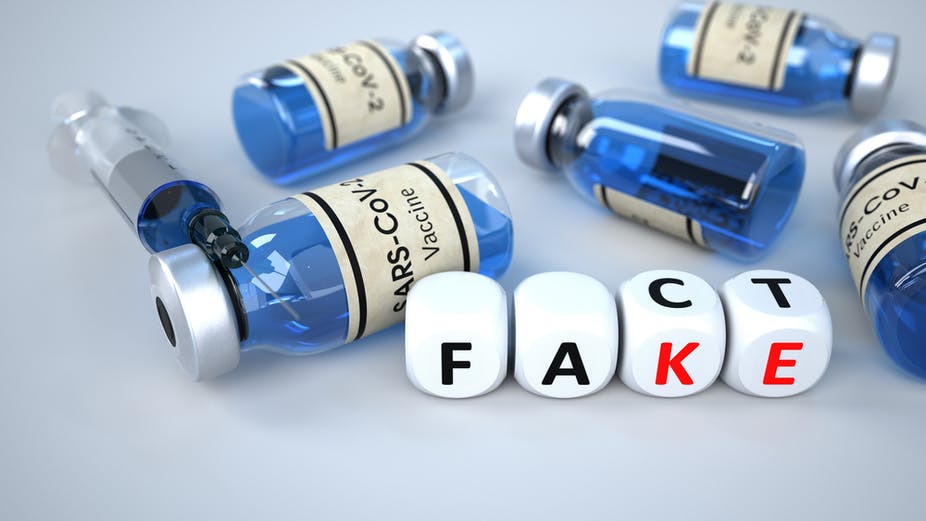×
The Standard e-Paper
Smart Minds Choose Us

In war, truth is always an early casualty. This has never been truer than in the current war against the Covid-19 pandemic.
Right from the start, the World Health Organization (WHO) coined the word, ‘infodemic’ as truth was the first casualty as misinformation and disinformation competed for space with facts. And in many instances, truth lost and country decisions from USA to Tanzania and others in between, were guided by myths. In this situation, the virus was the winner.